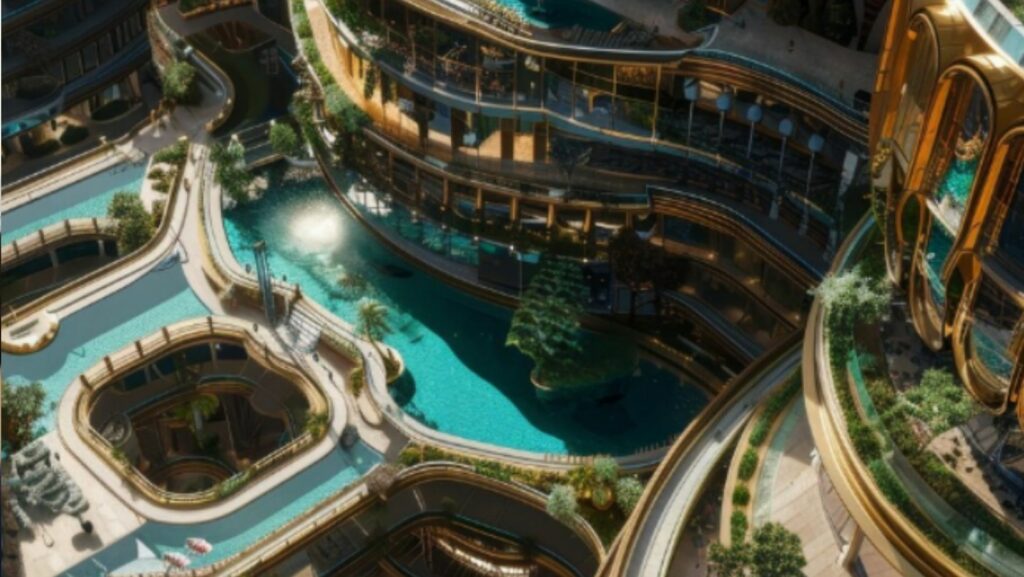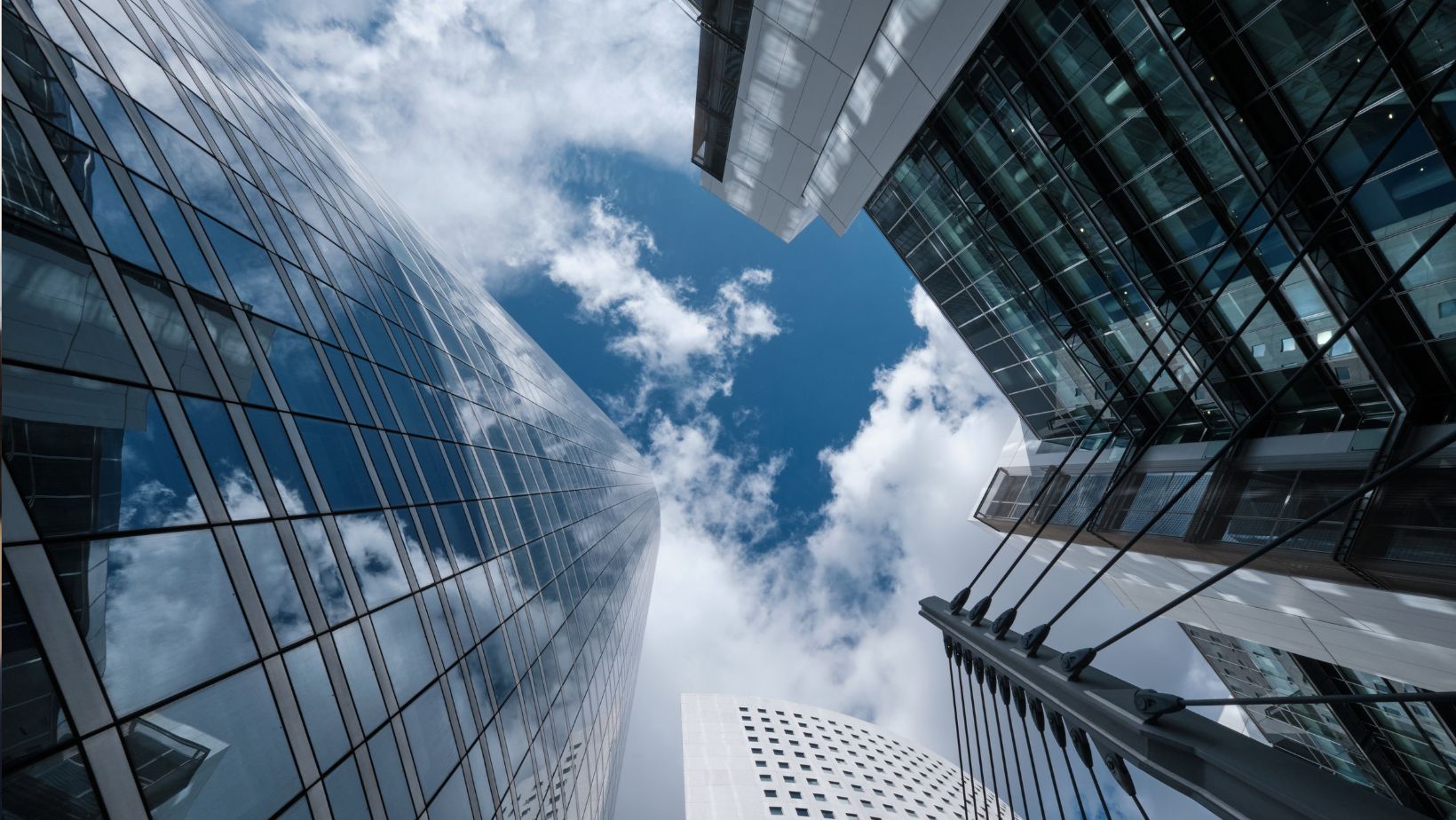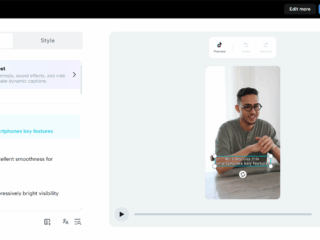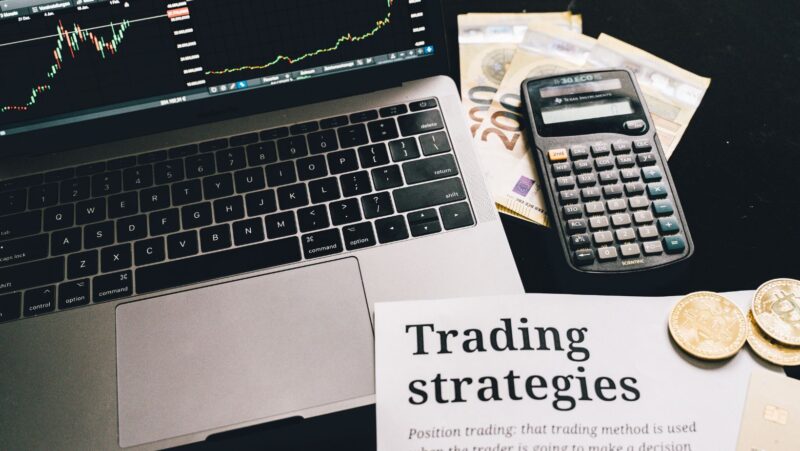
Dubai has emerged as a leading global hub for real estate investment, offering a unique blend of modernity and tradition. Known for its architectural marvels, luxurious lifestyle, and strategic location, the city presents numerous opportunities for investors seeking high returns. In recent years, Dubai’s real estate market has attracted attention from investors worldwide, who are drawn by its dynamic economy, visionary leadership, and innovative technologies. This article explores the factors driving investment in Dubai’s real estate market, the impact of technological advancements like 3D virtual tours, and the key considerations for potential investors.
The Allure of Dubai’s Real Estate Market
Dubai’s real estate market is characterized by its rapid growth and development, offering a diverse range of properties that cater to various tastes and budgets. The city’s skyline is adorned with iconic structures like the Burj Khalifa, the Palm Jumeirah, and the Dubai Marina, reflecting its ambition and commitment to excellence. These architectural masterpieces symbolize the city’s ability to transform visionary ideas into reality, attracting investors and tourists alike.
Several factors contribute to the allure of Dubai’s real estate market. Firstly, the city’s strategic location at the crossroads of Europe, Asia, and Africa makes it a desirable destination for businesses and investors. Dubai’s world-class infrastructure, including its international airport, seaports, and road networks, enhances its connectivity and accessibility, further boosting its appeal as a global business hub.
Secondly, Dubai’s tax-free environment and investor-friendly policies provide a significant advantage for real estate investors. The absence of property taxes and capital gains taxes makes Dubai an attractive destination for those seeking to maximize their returns. Additionally, the government’s commitment to economic diversification and innovation fosters a conducive environment for investment and entrepreneurship.
Furthermore, Dubai’s cosmopolitan lifestyle and high standard of living contribute to its desirability as a real estate investment destination. The city offers a rich cultural experience with a diverse population, a vibrant arts scene, and a wide range of entertainment options. Its world-class shopping malls, luxury hotels, and fine dining establishments cater to the discerning tastes of residents and visitors alike.
The Impact of Technological Advancements: 3D Virtual Tours
In recent years, technological advancements have revolutionized the real estate industry, transforming how properties are marketed and sold. One of the most significant innovations is the use of 3D virtual tours, which have become an essential tool for real estate professionals in Dubai.
3D virtual tours provide an immersive experience, allowing potential buyers to explore properties from the comfort of their homes. These tours offer a realistic and interactive view of a property, enabling buyers to visualize the space, examine details, and assess the layout. This technology eliminates the need for physical visits, saving time and effort for both buyers and sellers.
The adoption of 3D tours in Dubai’s real estate market has been particularly beneficial for international investors who may not have the opportunity to visit properties in person. By providing a comprehensive view of a property, virtual tours facilitate informed decision-making and increase transparency in the buying process.
Moreover, virtual tours enhance the marketing strategies of real estate agents and developers. They provide a competitive edge by showcasing properties in a visually engaging manner, attracting more potential buyers and increasing the likelihood of a sale. This technology also allows for greater customization, enabling agents to highlight specific features and amenities that appeal to their target audience.
The integration of 3D virtual tours with other technologies, such as augmented reality (AR) and virtual reality (VR), further enhances the buying experience. These technologies enable potential buyers to visualize how furniture and decor would look in a space, providing a more personalized and immersive experience. As a result, buyers can make more informed decisions and have greater confidence in their investment choices.
Key Considerations for Real Estate Investors
Investing in Dubai’s real estate market presents numerous opportunities, but it is essential for investors to conduct thorough research and consider various factors before making a decision. Understanding the market dynamics, legal framework, and economic trends can help investors make informed choices and maximize their returns.
One of the primary considerations for real estate investors is the location of the property. Dubai offers a wide range of neighborhoods, each with its own unique characteristics and appeal. Areas like Downtown Dubai, Business Bay, and Dubai Marina are popular among investors due to their proximity to key business districts, luxurious amenities, and vibrant lifestyles. Investors should evaluate their investment goals and preferences to identify the most suitable location for their property.
Another crucial factor is the type of property. Real estate in Dubai offers a diverse range of options, including residential apartments, villas, commercial spaces, and mixed-use developments. Investors should assess their budget, risk tolerance, and investment objectives to determine the most suitable property type. Residential properties are often favored for their potential rental yields, while commercial properties may offer long-term capital appreciation.
Understanding the legal and regulatory framework is also essential for real estate investors in Dubai. The government has implemented several measures to protect investors and ensure transparency in the real estate market. These include the establishment of the Real Estate Regulatory Authority (RERA), which oversees property transactions, enforces regulations, and resolves disputes. Investors should familiarize themselves with the legal requirements and seek professional advice to navigate the complexities of the market.
Additionally, investors should consider the economic trends and market conditions that may impact their investment. Dubai’s real estate market is influenced by factors such as population growth, economic diversification, and tourism. The city’s ambitious projects, such as Expo 2020, the Dubai 2040 Urban Master Plan, and the development of smart cities, are expected to drive demand for real estate and create new investment opportunities.
The Future of Dubai’s Real Estate Market
Dubai’s real estate market continues to evolve and is driven by innovation, sustainability, and urban development. The city’s commitment to creating a smart and sustainable future is evident in its ambitious projects and initiatives, which aim to enhance the quality of life for residents and attract global investors.
The development of smart cities is a key focus for Dubai, with projects like the Dubai South, the Dubai Silicon Oasis, and the Dubai Internet City leading the way. These developments incorporate advanced technologies, such as the Internet of Things (IoT), artificial intelligence (AI), and big data, to create efficient, connected, and sustainable communities. Smart cities offer a higher quality of life, with features like smart transportation systems, energy-efficient buildings, and enhanced security, making them attractive to both residents and investors.
Sustainability is another important aspect of Dubai’s real estate market. The city is committed to reducing its carbon footprint and promoting environmentally friendly practices. Initiatives like the Dubai Clean Energy Strategy 2050 aim to increase the use of renewable energy sources and reduce energy consumption in buildings. As a result, sustainable and green buildings are becoming more prevalent in Dubai, offering investors the opportunity to align their investments with environmentally conscious values.
The hospitality and tourism sectors also play a significant role in Dubai’s real estate market. The city’s status as a global tourist destination attracts millions of visitors each year, driving demand for hotel accommodations and short-term rental properties. The development of world-class attractions, such as theme parks, cultural landmarks, and entertainment districts, further enhances Dubai’s appeal as a tourism hub.
Furthermore, Dubai’s real estate market benefits from its strong and stable economy. The city’s leadership has implemented strategic initiatives to diversify the economy, reduce reliance on oil revenues, and promote sectors such as finance, technology, and logistics. This economic resilience ensures a steady demand for real estate, making Dubai an attractive destination for investors seeking long-term growth and stability.
Conclusion
Dubai’s real estate market offers a wealth of opportunities for investors, driven by its strategic location, visionary leadership, and innovative technologies. The city’s dynamic economy, tax-free environment, and cosmopolitan lifestyle contribute to its allure as a global investment destination. The adoption of 3D virtual tours and other technological advancements enhances the buying experience, providing transparency and convenience for investors.
However, it is crucial for investors to conduct thorough research, consider market dynamics, and understand the legal framework before making investment decisions. By carefully evaluating factors such as location, property type, and economic trends, investors can maximize their returns and contribute to Dubai’s growth as a leading global city.
As Dubai continues to evolve and embrace innovation, its real estate market will remain a beacon of opportunity, attracting investors seeking to be part of the city’s remarkable journey towards a sustainable and prosperous future.














